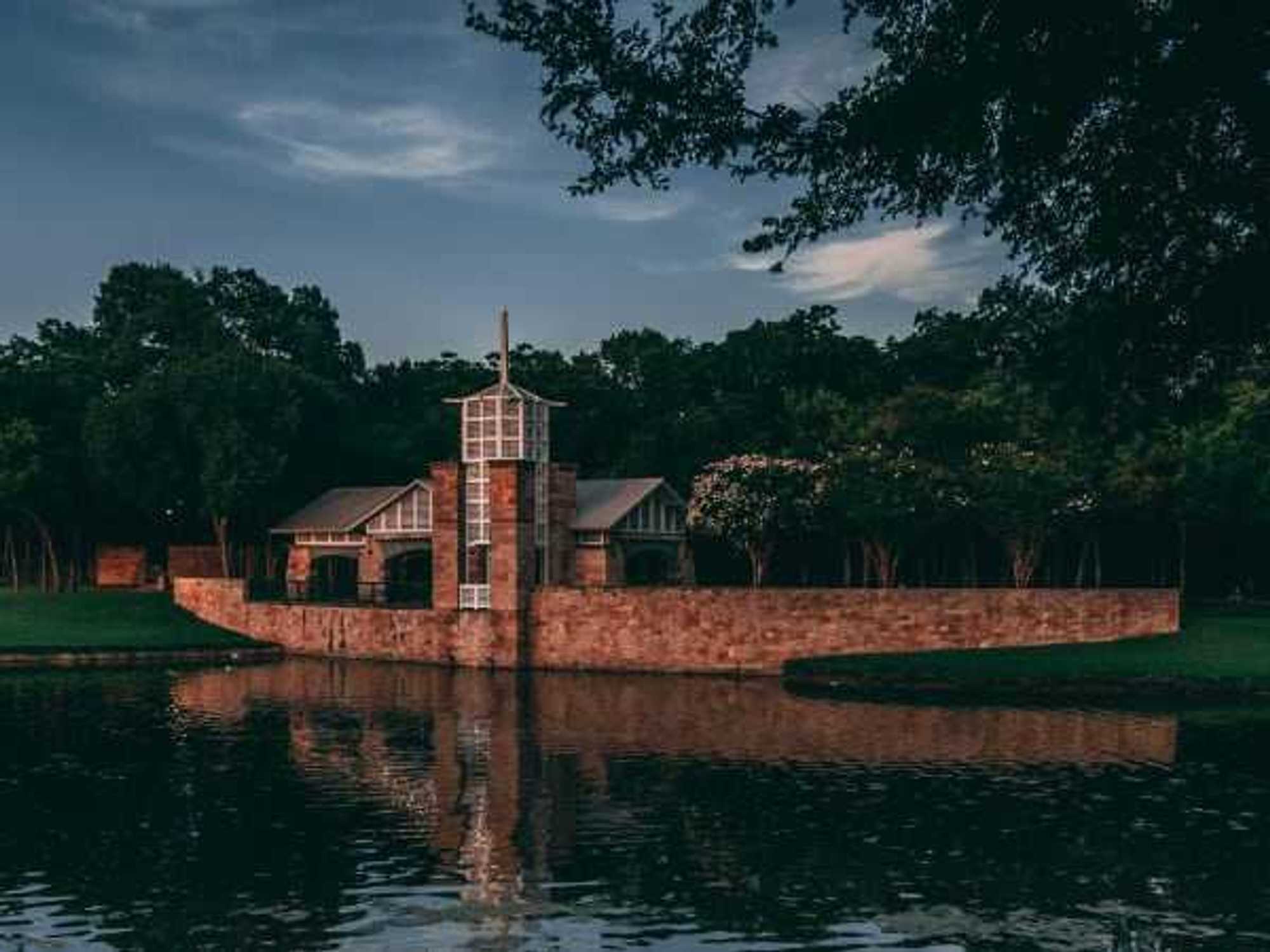Circus Is Done
Ringling Bros. Circus closure gives Dallas animal activists second wind

In the biggest animal news since Blackfish, the Ringling Bros. and Barnum & Bailey Circus announced it will shut down in May, blaming declining ticket sales and protests by animal rights groups.
Dallas and Fort Worth were both annual stops where Ringling was greeted by sign-wielding protesters for more than 20 years. For them, Ringling's announcement is cause for celebration but not the end of their commitment to call out animal abuse, says Susan Oakey, who was among the first to protest Ringling in Dallas 25 years ago.
"Ringling may have been the biggest, but it isn't the only circus," she says. "We'll divert our gaze to other circuses that continue to tour."
One such circus still touring North Texas is the Shrine Circus, which visits rural areas and suburbs such as Frisco.
Shriners don't have their own circuses; they hire contract producers — names such as George Carden Circus and Royal Hanneford Circus — to hold their events. In 2016, the largest Shrine circus producer in the country discontinued the use of wild animals. Many other Shrine circuses followed suit.
But the Moslah Shrine Circus based in Fort Worth is an exception. It still features elephant and camel rides at its events.
"Beyond the abuse, there's a fallacy about the Shrine Circus that they're involved in philanthropy," Oakey says. "But if you look at the fine print, they don't benefit any charity."
Fort Worth's annual rodeo from January to February is also on their radar, says Savanna Batten, who organized the Ringling protests.
"We're definitely putting more energy into the Fort Worth Stock Show and Rodeo," she says. "We've had a lot more success in the last couple years as people begin to understand how much abuse is involved."
Batten rattles off a list: baby calves roped at 20 miles an hour, bulls getting their tails broken, the use of drugs to induce hysteria, and loin straps to irritate their genitals to make them buck.
"Those creatures are generally gentle, until they've been prodded at to appear terrifying, to rile up the crowds," she says.
"It's a tough challenge, because there's so many cultural aspects involved. But we feel like it's our duty," she says. "We live in here in Dallas-Fort Worth. Even if we can't have a major effect, we'd like to chip away at the cultural bubble surrounding it, that says it's okay and always going to be there."
The Fort Worth Zoo just made the 2016 list of 10 Worst Zoos in the United States by animal nonprofit In Defense of Animals, for trying to cover up an investigation into an elephant attack on a trainer in September 2015. The Dallas Zoo also drew negative attention for its importation of juvenile elephants and one pregnant adult from Swaziland. One elephant died in transit.
"We protested the Dallas Zoo when they bought those elephants, but zoos are harder because they have mainstream public support and keep billing themselves as educational," Oakey says.
Batten says they'll take the momentum from Ringling and build. "Ringling has been a huge focus," she says. "We'd like to use those resources for projects we already have underway and campaigns we can start anew."

 Renderings for Halperin Park. Courtesy rendering
Renderings for Halperin Park. Courtesy rendering